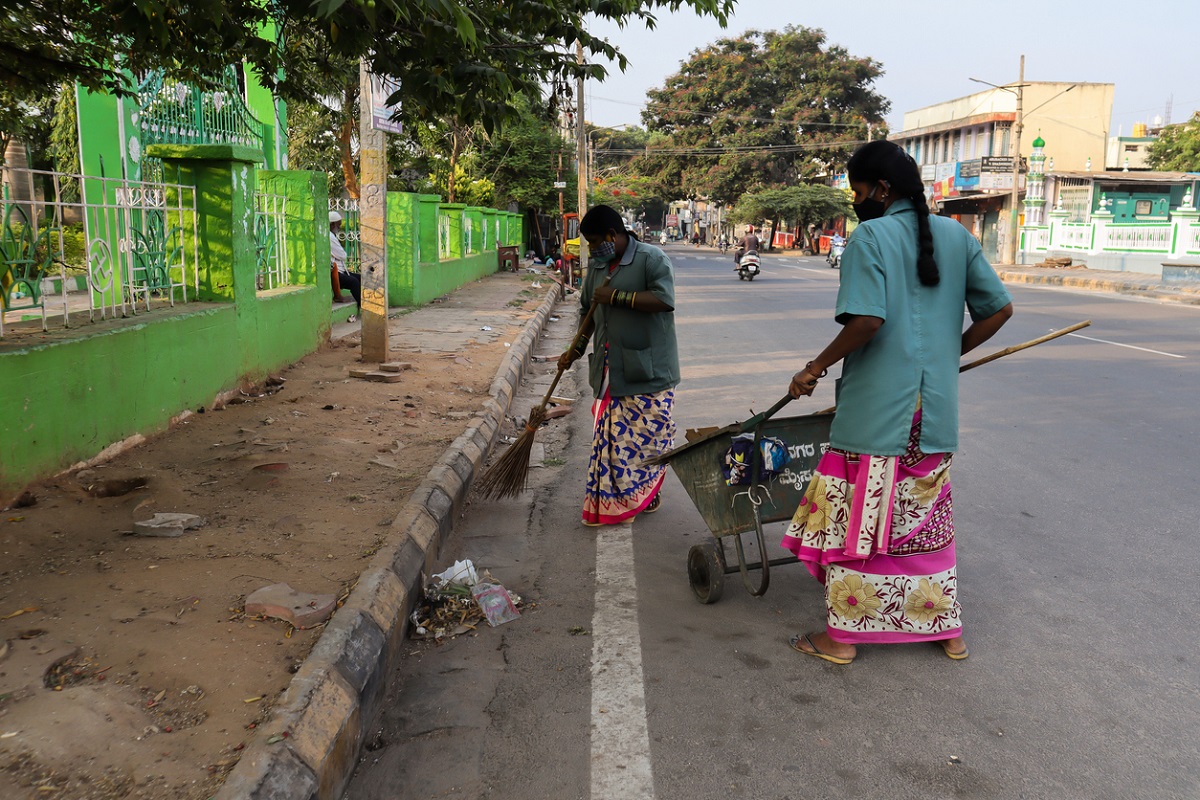Advanced solar technology: Maximising energy efficiency at home
Energy efficiency translates to a greener future. This simple mantra summarises the need to help save the environment while reducing energy consumption.
After the training, the women would be engaged as Swachha Karmikas by their local Gram Panchayats to carry out solid waste management duties like daily waste collection and waste segregation.

(Representational Image; Source: iStock)
The Union Ministry of Jal Shakti and Rural Development has organized a training for over 18,000 rural women from Karnataka for solid waste management and solar energy utilization in rural areas.
The training was organized for the members of the Self Help Groups (SHGs) in Karnataka in collaboration with the Mahatma Gandhi Institute of Rural Energy and Development (MGIRED), the Department of Rural Development and Panchayat Raj, the Department of Rural Drinking Water and Sanitation, and the National Rural Livelihood Mission (NRLM).
Advertisement
SHG members would also learn about renewable energy sources, solid waste management, different composting technologies for wet waste, the idea of biogas for managing biodegradable waste, and the importance of menstrual health and its management after the training, said a senior officer of the Jal Shakti Ministry here on Tuesday.
Advertisement
The trained members are expected to carry out duties of waste segregation, wet waste composting, and biogas unit management at their respective gram panchayats, which they learned during practical demonstrations.
After the training, the women would be engaged as Swachha Karmikas by their local Gram Panchayats to carry out solid waste management duties like daily waste collection and waste segregation.
The programme consists of five days of classroom training and exposure trips. The goal of the programme is to provide SHG members with the knowledge and skills necessary to efficiently administer Swaccha Sankeerna as a business module and to make the SWM unit self-sustaining and also provide a source of financial assistance for SHG members
The classroom training that would be offered in all 30 districts this fiscal year would benefit 18,000 rural women, providing them with an alternative source of income. The programme is free and also includes travel, boarding, and accommodation for three women from each of the Gram Panchayats in Karnataka. This year, 600 batches will be covered with 30 women in each batch, with each batch costing between Rs. 70,000 and Rs. 1 lakh.
Advertisement